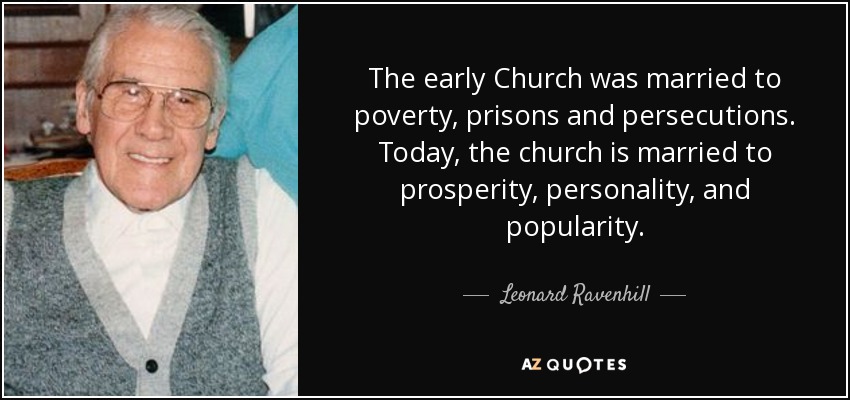Jesus Christ’s Eighth Beatitude from the Sermon on the Mount—“Blessed are those who are persecuted for righteousness’ sake.”—aligns well with the Fruit of the Spirt gentleness. (Check out my Leadership Tips aligned with the Fruit of the Spirit, where I note that gentleness is tied to the leadership skill of asking questions.)
If you have ever been persecuted for Jesus Christ, you can likely see the connection. How should the Christian respond when he is persecuted for righteousness’ sake? Should he shoot back? Should he revile back? Should he be as aggressive as his aggressor? No. His attitude should be one of gentleness. 1 Peter 2:23 says, “When He (Jesus) was reviled, (He) did not revile in return; when He suffered, He did not threaten.” That is gentleness. And Peter says that the Christians are to be like Jesus.
When you are mocked, you don’t revile back. When they scream at you, you don’t shout back. Be like Jesus who was gentle and lowly in heart (Click here for a summary of Michael Youssef’s book The Leadership Style of Jesus.)
Click here to learn more about the Eighth Beatitude


